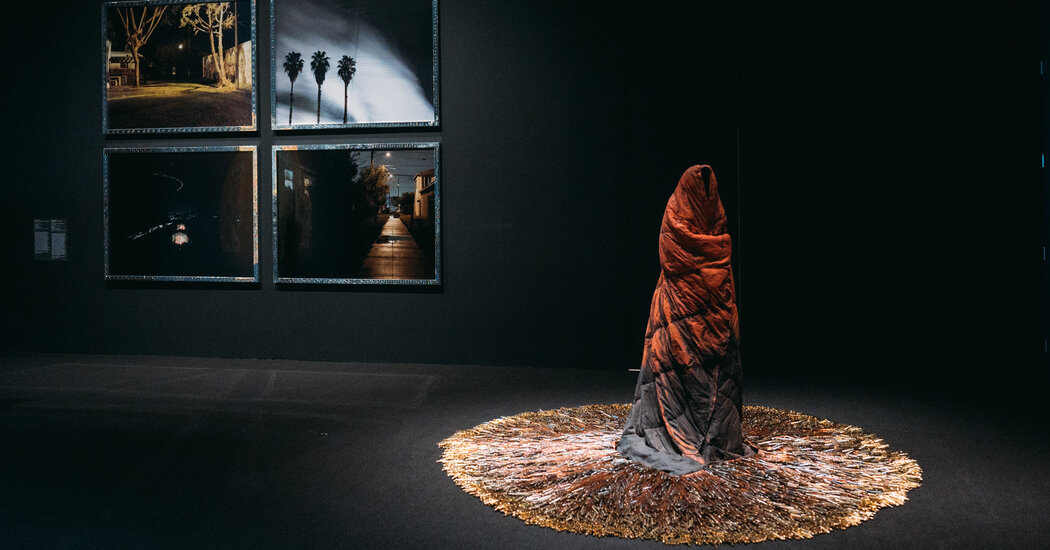Credit score: Unsplash/CC0 Public Area
A nationwide group led by researchers at Baylor School of Drugs, Texas Youngsters’s Hospital and UPMC Youngsters’s Hospital of Pittsburgh has proposed a serious revision to how Langerhans cell histiocytosis (LCH) is recognized and handled after analyzing sufferers with LCH for a number of years.
“The proposed revisions are the end result of greater than a decade of labor and wouldn’t have been attainable with out collaboration in scientific trials and translational analysis between scientists, sufferers and households.
“The findings from this study identify genetic changes in a type of precursor blood cell that predict a much higher chance of treatment failure and risk of developing LCH-associated neurodegeneration,” stated Dr. Carl Allen, co-corresponding creator, co-director of the Pediatric Most cancers Program on the Dan L Duncan Complete Most cancers Middle at Baylor and co-director of the Histiocytosis Program at Texas Youngsters’s Most cancers and Hematology Middle.
LCH is a uncommon most cancers that’s characterised by the irregular progress of immune cells referred to as Langerhans cells. Whereas these cells usually assist regulate the immune system, in people with LCH they accumulate and type tumors in a number of organs. Some sufferers additionally develop LCH-associated neurodegeneration, which is attributable to inflammatory LCH cells that migrate to the mind, finally resulting in issues with sure mind features, particularly associated to effective motor motion.
“Contemporary staging approaches were developed at a time when the nature of LCH as a cancer was debated, mutations in tumors had not been discovered and advanced PET-CT imaging scans were not routinely used. Currently, all patients with systemic LCH receive basically the same chemotherapy that ultimately cures fewer than half and has little effect on LCH-associated neurodegeneration,” Dr. Allen stated.
“Another major finding from our study is that mutated precursor cells hiding in the bone marrow of certain LCH patients can be missed with standard histology and reported as ‘normal.’ When LCH patients undergo bone marrow analysis, molecular studies are required to identify these rare disease cells, which may not be recognized as LCH by traditional staining methods,” stated Dr. Jennifer Picarsic, chief and chair of Pediatric Pathology at UPMC Youngsters’s Hospital of Pittsburgh.
The examine enrolled 385 youngsters and adolescents with LCH from 2006 to 2023 and adopted them for a median of 4 years. Researchers correlated affected person outcomes with the extent of LCH at analysis, tumor genotype and presence of the BRAFV600E mutation in blood and bone marrow cells pre-therapy.
The findings, revealed within the journal Blood, assist a serious revision for pediatric LCH diagnostic staging that considers the underlying drivers of illness.
“In the study, we found that patients who present with a reservoir of precursor disease cells with the most common BRAFV600E mutation in bone marrow and blood are at the highest risk of treatment failure and LCH-associated neurodegeneration,” Dr. Allen stated.
Myeloid cells, a kind of white blood cell, originate within the bone marrow and flow into “peripherally” within the blood; the identical is true for mutant myeloid LCH precursors. “These novel mechanistic insights and sensitive molecular testing strategies create possibilities for risk-stratification regimens that can be better tailored to individual patients,” Dr. Allen stated.
The examine highlights how trendy imaging and delicate, up to date molecular diagnostics provide a possibility to enhance risk-stratification for pediatric LCH. “This study, which includes a 15-year longitudinal cohort with correlative biology, is unprecedented. It has both an immediate impact and future implications for the care of these patients,” stated contributing creator Dr. D. Will Parsons, professor of pediatrics at Baylor and interim director of the Texas Youngsters’s Most cancers and Hematology Middle.
“This study builds on long-standing research collaborations with Dr. Miriam Merad and her team at Icahn School of Medicine at Mount Sinai that have investigated causes of LCH to improve therapies and outcomes for patients.”
Extra data:
Howard Lin et al, Diagnostic BRAFV600E blood predicts remedy failure and neurodegeneration and redefines paradigms of pediatric LCH Blood (2025). DOI: 10.1182/blood.2024026671. ashpublications.org/blood/arti … d-predicts-treatment
Journal data:
Blood
Offered by
Baylor School of Drugs
Quotation:
Mutated blood cells outline scientific dangers in Langerhans cell histiocytosis (2025, April 2)
retrieved 2 April 2025
from https://medicalxpress.com/information/2025-04-mutated-blood-cells-clinical-langerhans.html
This doc is topic to copyright. Other than any honest dealing for the aim of personal examine or analysis, no
half could also be reproduced with out the written permission. The content material is supplied for data functions solely.




